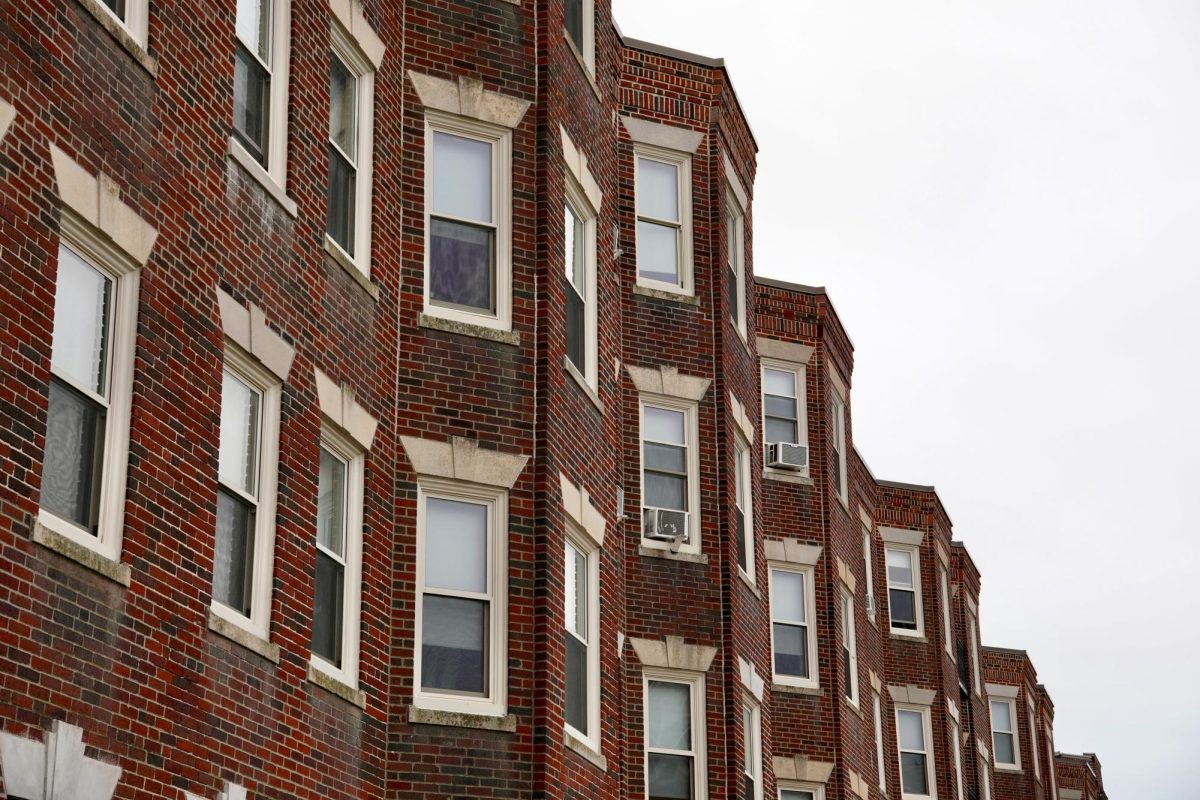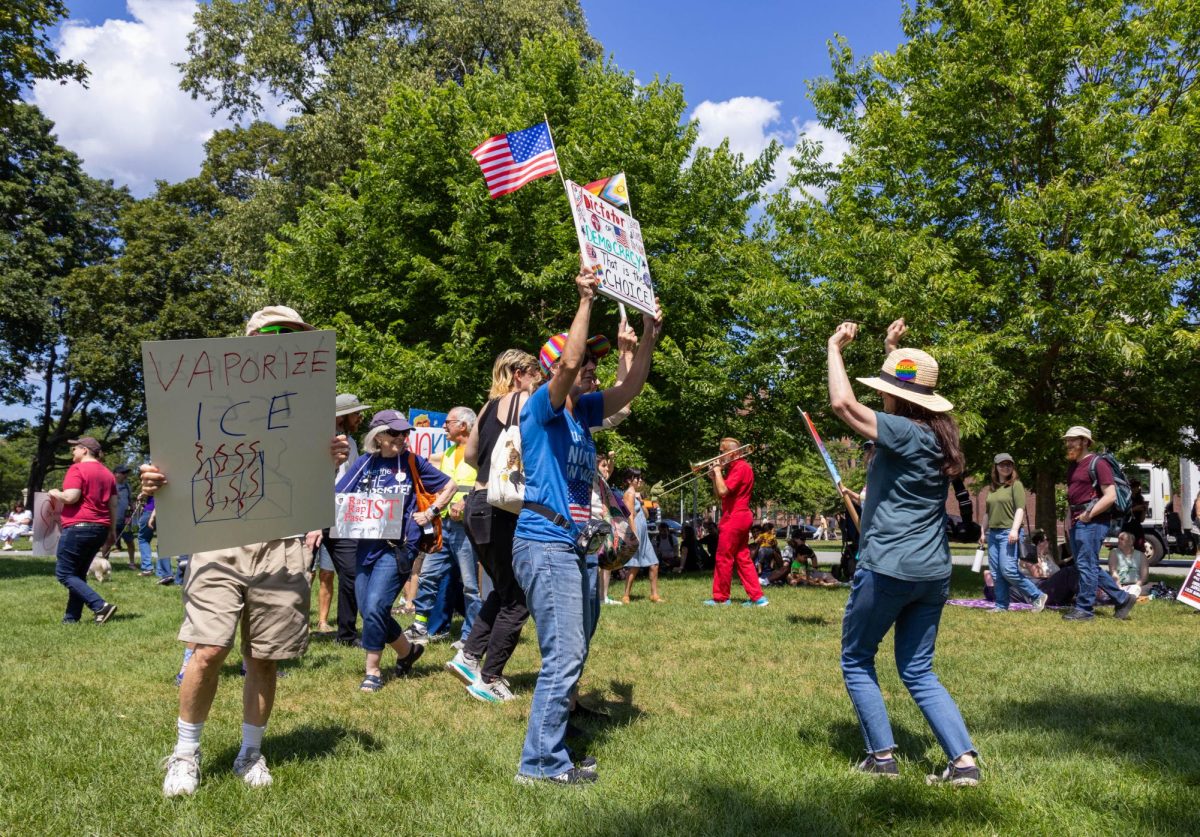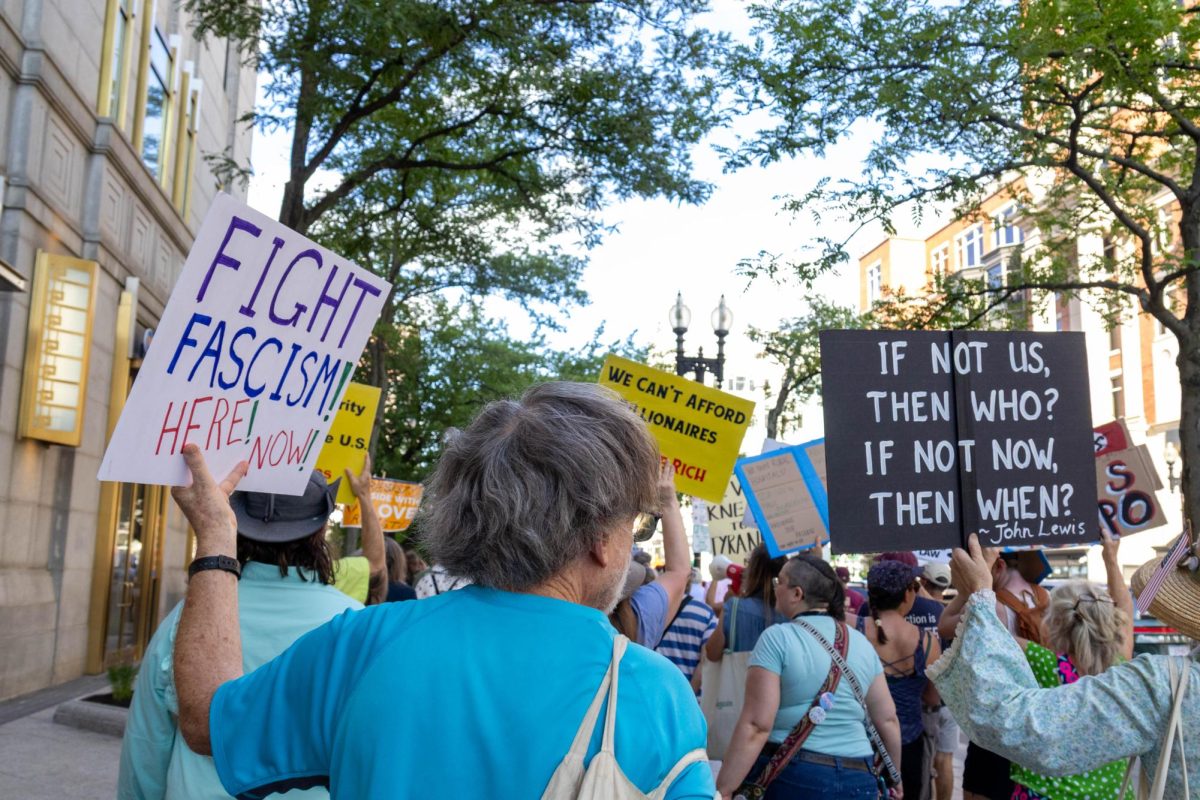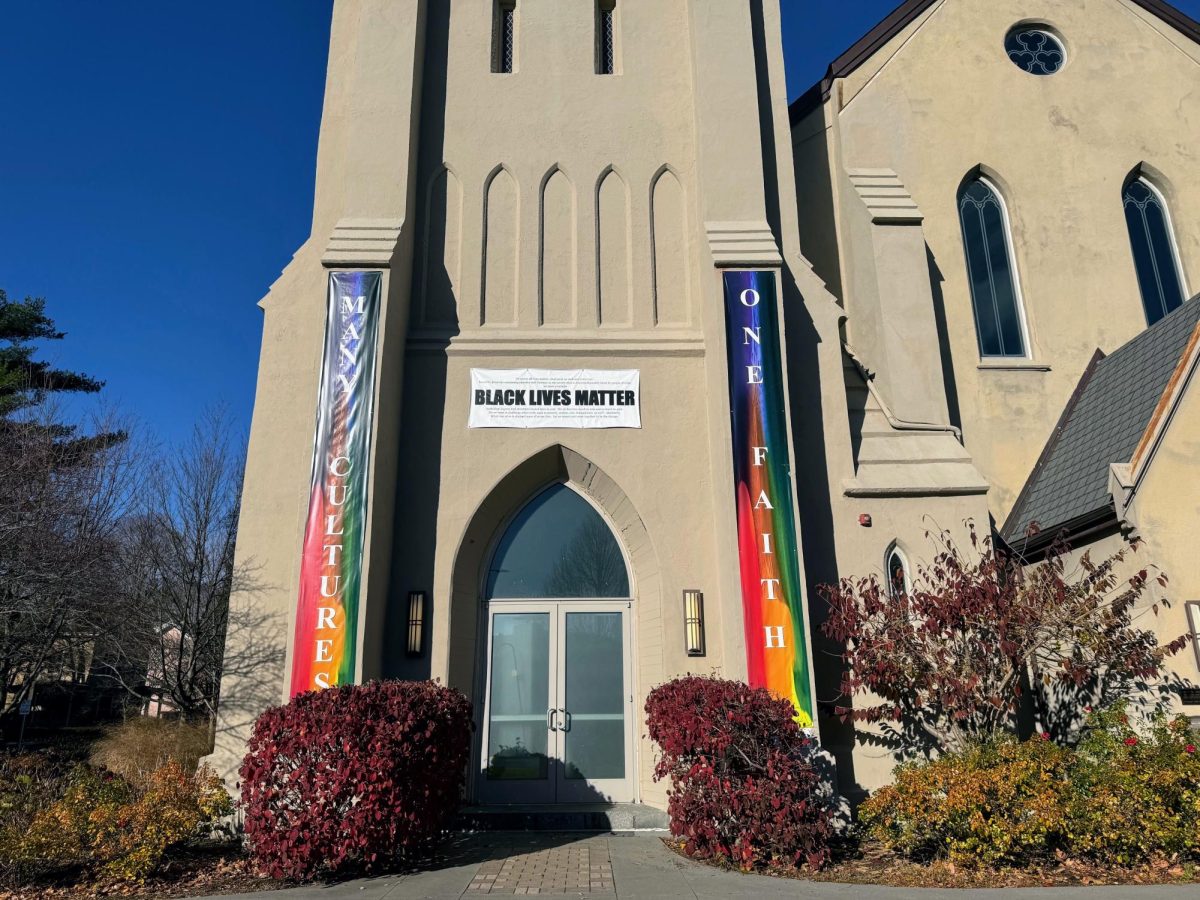City councilors are considering expanding doula services in Boston as a way to close health disparity gaps for black mothers, and experts say it could be an achievable way for the city to make a significant public health impact.
At a public hearing on Oct. 25, the Boston City Council Committee for Healthy Women, Families and Communities discussed solutions to maternal health care inequality among black women in Boston.
“There is a lot more that we need to do … to make sure that we are pinpointing and targeting certain populations,” said Councilor Kim Janey. “To make sure we are doing more for them and providing the services that they actually need, recognizing the intersection of womanhood and blackness.”
The most recent Health of Boston report shows that in the neighborhoods of Roxbury, Dorchester, Hyde Park and Mattapan, the black infant mortality rate is 10.3 deaths per every 1,000 births compared to the statewide average of 3.7 deaths. Black mothers in Boston also have the least access to prenatal care, but have the most preterm births, and are three times more likely to suffer from postpartum depression than their white counterparts.
Experts who testified at the hearing recommended expanding doula care as a way to close the disparity gaps. Although their services are not considered medical care, doulas provide pregnant women with emotional, physical and educational support and can act as advocates and as witnesses to discrimination.
“What doulas do is just introduce more autonomy into the birth experience,” said Christina Gebel, a birth doula who works with Accompany Doula Care in Boston. “You are choosing someone from your community who understands you culturally, who shares your same race, languages, dialects within those languages.”
A 2016 study reports that access to doula services improves birth outcomes for racially diverse, low-income women, and increasing their feelings of agency, knowledge and connectedness.
“I would like to see a doula for every mom who delivers in Boston,” said Gebel. “And I would really like to see those doulas come from the community.”
A nationwide survey in 2018 showed that 39 percent of black women who did not use a doula said they wished they had doula care. Medicaid beneficiaries were half as likely as privately insured women to know about doula services, which are not typically covered by health insurance.
“This difference across races is significant,” said Rep. Liz Miranda, who is working to make doulas more accessible in Massachusetts. “Women of color are at the most risk of poor outcomes, yet have the least access to doula care, and this must change.”
Miranda is the sponsor of a bill in the Massachusetts House of Representatives that seeks to have doula care covered by MassHealth. It would also establish a statewide registry of certified doulas who have been vetted and approved by the government.
Dr. Robin Reed, an assistant professor at Tufts University, called the doula solution “low-hanging fruit,” explaining that of all the solutions for improving maternal health outcomes, it’s a fairly easy one.
“If [a doula service] were available to all, it could provide more comfort, trust and communication where people may feel inhibited speaking out themselves,” Reed told the committee. “The doula can help with that.”
The city council committee plans to refile legislation at the beginning of the next session in January that will allow members to revisit the issue in a working session.
“There’s a lot more as elected officials that we can do in the city of Boston that will help us address the implicit bias and the explicit bias,” Janey said, “and also arm black women with the tools that they need to ensure that they get the health care that they deserve.”
This article was published in The Bay State Banner.






